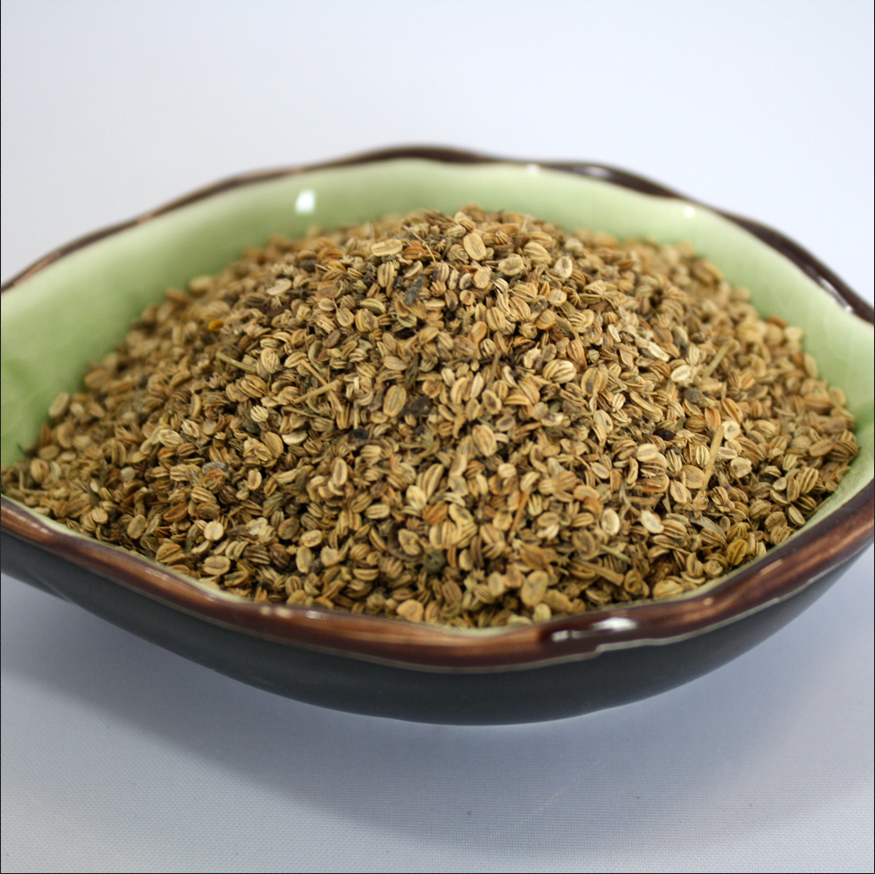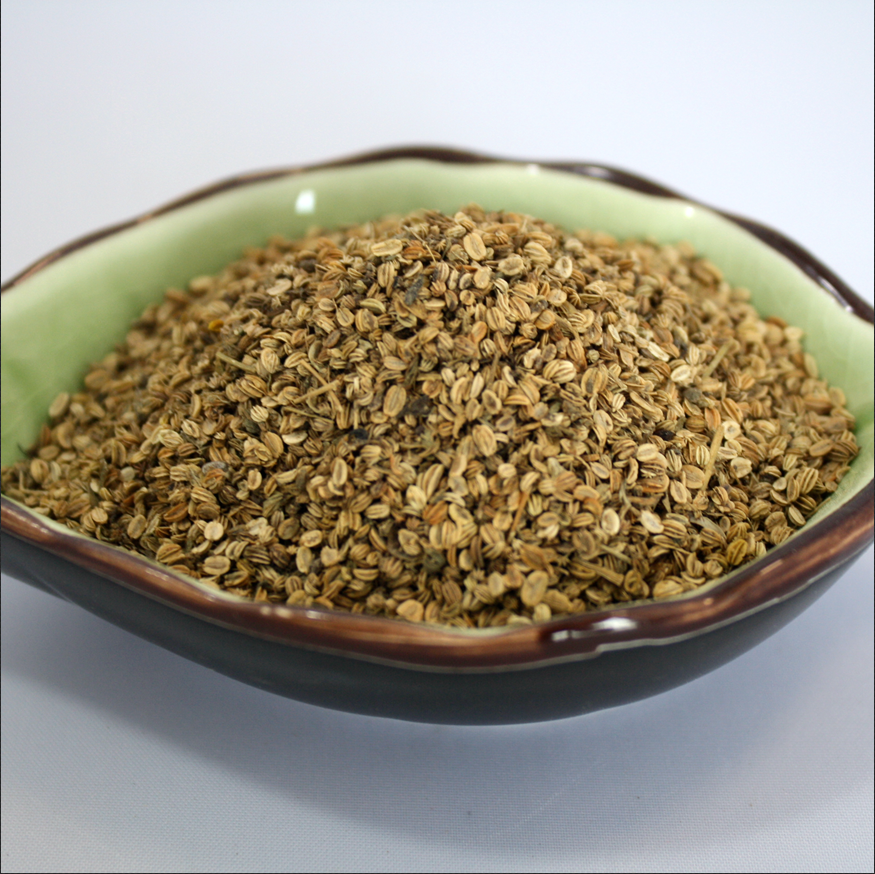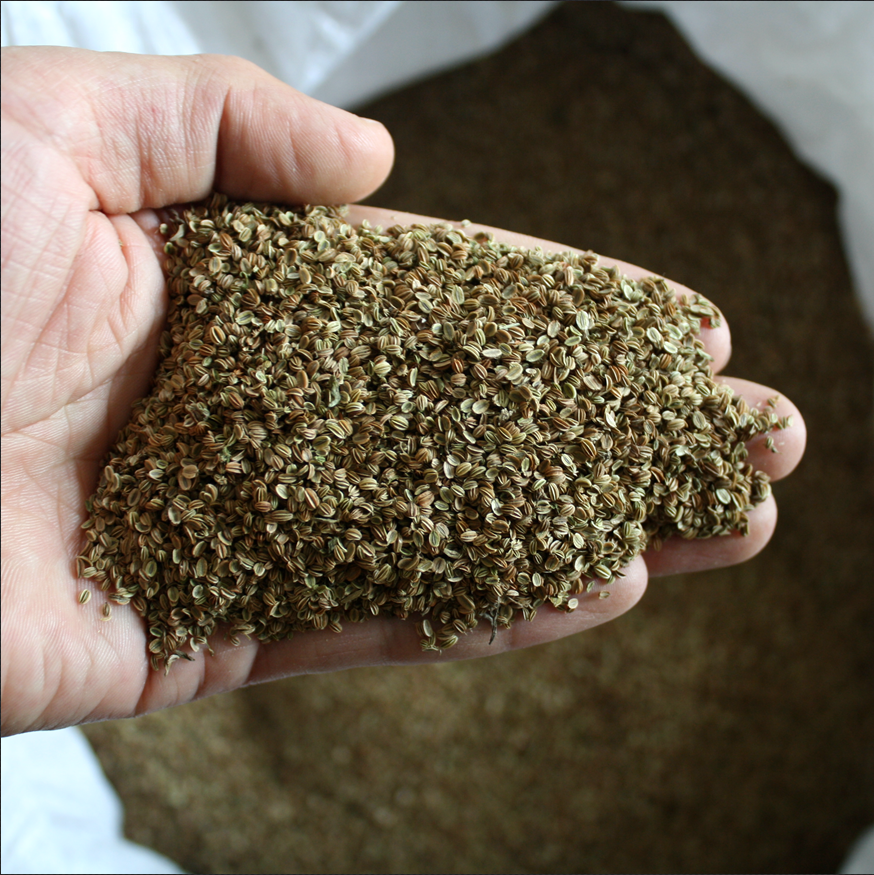
selinum japenious seed, commonly known as "she chuang zi" in Chinese,
is a plant species belonging to the family Apiaceae. It is native to various regions of Asia, including China, Japan, and Korea. The plant has been used for thousands of years in traditional Chinese medicine (TCM) for its medicinal properties.
In TCM, Cnidium monnieri is known for its ability to warm and dispel cold dampness, expel wind, and relieve itching. It is often used in the treatment of various skin conditions such as eczema, psoriasis, and dermatitis. Additionally, it is believed to be beneficial for reproductive health, particularly for treating impotence and infertility in men.
The active compounds found in Cnidium monnieri include coumarin derivatives like imperatorin and xanthotoxin, which are thought to contribute to its therapeutic effects. These compounds have demonstrated anti-inflammatory, antifungal, and antibacterial activities in scientific studies.
Furthermore, Cnidium monnieri has been studied for its potential effects on the nervous system, showing promise in the treatment of neurological disorders such as Parkinson's disease and Alzheimer's disease due to its neuroprotective properties.
Origin
The mature fruit of annual herb Cnidium monnieri (L.) Cuss. of family Umbelliferae.
Location
Mainly in Hebei, Shandong and Zhejiang provinces of China.
Harvest
Collected in summer or autumn when the fruit grows ripe.
The actual smell and taste
Special aromatic smell, pungent and cool taste, sensation of numbness of tongue.
Best quality
Yellowish green in color, pungent and spicy smell under twisting and full-stacked.
Processing
Unprocessed.








